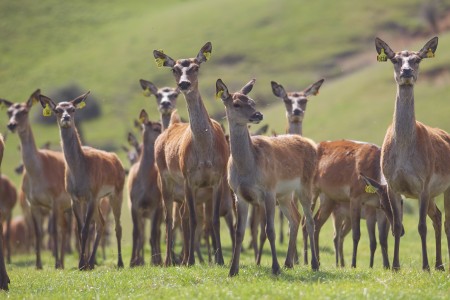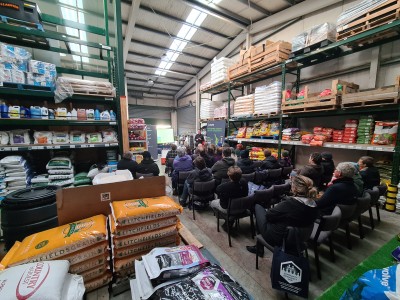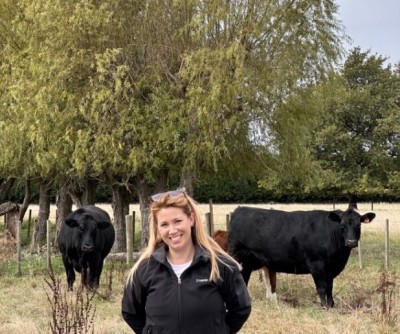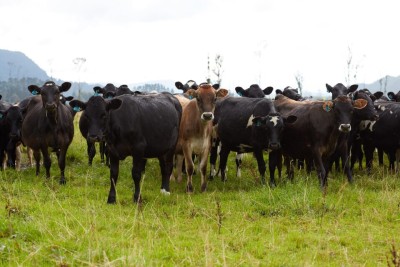 Buying or selling deer? Be a mate, update NAIT
Buying or selling deer? Be a mate, update NAIT
It's a busy time on farm with deer being bought and sold. If you're moving deer this season, there's a few important things you to need to remember.
Remember your NAIT basics
- Fit all deer with a NAIT tag before they reach 180 days old or before their first movement off-farm, whichever comes first (the tag should preferably be in the central or inner part of the right ear, between two veins)
- register any fitted NAIT tags within 7 days of tagging or before their first movement off farm, whichever comes first
- use a tag scanner to make registering and recording your deer movements easier.
To help you stay on top of your NAIT obligations we've created a checklist of what you need to know.
 Need help with NAIT or TBfree? Come to one of our support sessions
Need help with NAIT or TBfree? Come to one of our support sessions
Our Regional Partners are hosting support sessions across the country where they'll cover a variety of topics related to NAIT and TBfree, including:
- meeting your NAIT obligations
- TB testing queries
- signing up to MyOSPRI.
Don't see a session happening near you? While there might not be any listed there currently, we frequently update our upcoming events page with what's happening soon.
 Meet Tess Appleby - our Regional Partner committed to defeating bovine TB
Meet Tess Appleby - our Regional Partner committed to defeating bovine TB
The loss of her Hawke’s Bay home didn’t stop OSPRI regional partner Tess Appleby doing what she could for her community when Cyclone Gabrielle hit.
Now, thanks to the Kellogg Rural Leadership Programme, she’s also better equipped to help farmers address other challenges.
Appleby has spent the past four years of her professional life supporting and helping farmers and landowners stay on top of NAIT and tackle bovine tuberculosis (TB).
She actively engages with farmers, iwi and industry stakeholders, advocating for targeted education, increased awareness, and helping to break the stigma associated with disease-affected farms.
In 2023, Appleby’s personal resilience was tested when Cyclone Gabrielle swept through Hawke’s Bay, leaving devastation in its wake, including the loss of the home she had bought only four weeks earlier.
Despite her personal challenges, Appleby remained steadfast in her commitment to supporting the farming community during difficult times.
“OSPRI were incredible in giving me the space I needed to deal with the devastation,” she said.
“But I also wanted to be there for the farming community. Hawke’s Bay is my tūrangawaewae and it was incredibly hard to see how the devastation had affected its people and the landscape.”
Later that year, Appleby’s professional journey took a significant turn when her manager, Helen Thoday, recommended she take part in the Kellogg’s Rural Leadership Programme.


 M. bovis Programme progressing towards new phase of eradication
M. bovis Programme progressing towards new phase of eradication